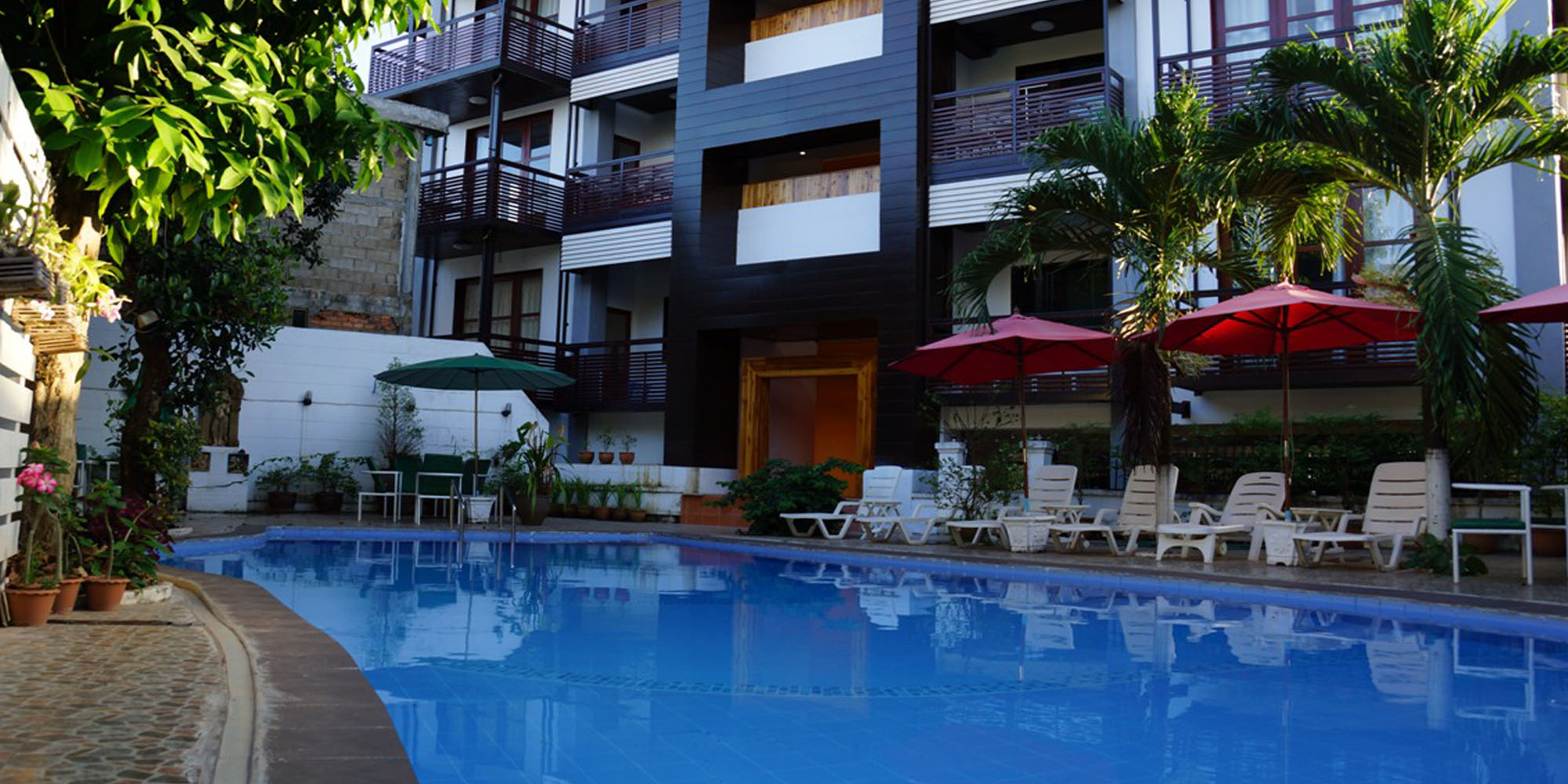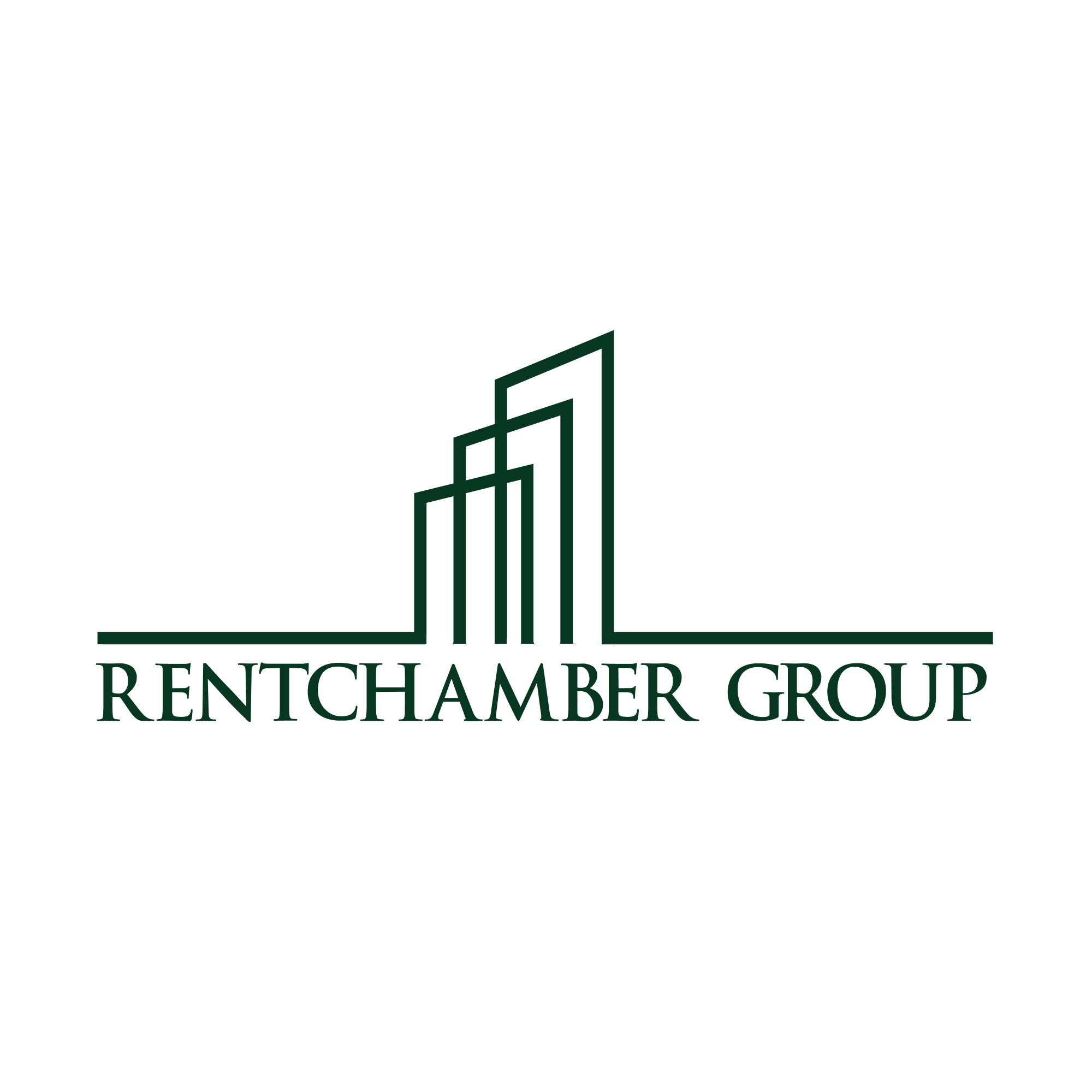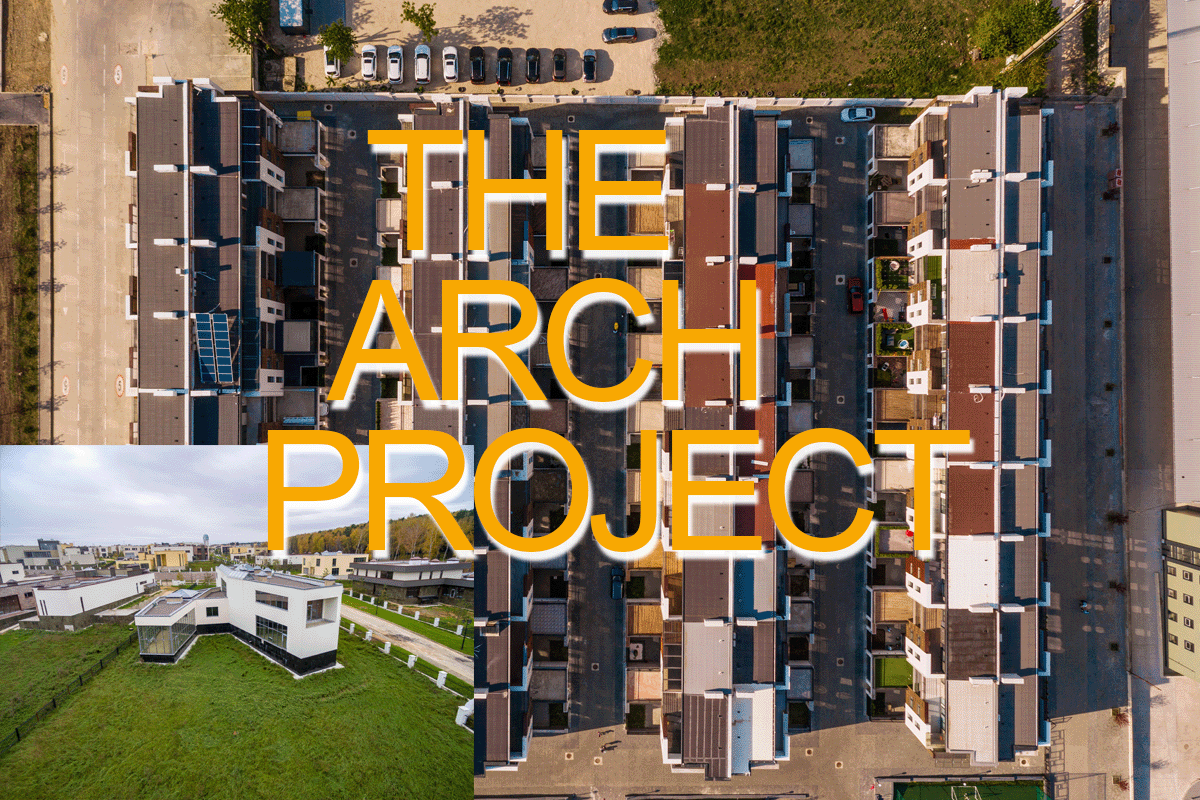Despite Ghana’s remarkable progress in its financial development, macroeconomic and financial sector issues combined with market inefficiencies persist. Since the country’s independence in 1957, the Ghanaian financial sector has developed substantially from two banking institutions.
As of 2016, the West African country has 33 licensed banks, 564 licensed microfinance institutions (MFIs), 64 nonbank financial institutions (NBFIs), and one mortgage house.
Ghana’s inflation rate is expected to decrease from 12.10 percent in June 2017 to 11.2 percent by December 2017—buoyed by a three-year assistance programme from the IMF. As of March 2017, public debt stood at GHS 127 billion (US$ 28.84 billion) with the average lending rate for credit markets decreasing to 26.6 percent in May 2017 from 28.57 percent in February 2016.
Ghana is economically dependent on exports and as such its economic stability is affected by the fluctuating prices of commodities. Interest rates continue to hover near the five-year high. Additionally, the banking sector has experienced management inefficiencies accentuated by a substantial amount of non-performing loans (NPLs), at 8.4 percent in 2016, as well as a recent slowdown in deposit mobilisation.
Mortgage finance has also experienced several difficulties. There continues to be approximately 6,000 mortgages in the country, despite there being more than 5.5 million Ghanaian households.
Limited mortgages have been attributed to inadequate capital allocated to long-term financing, persistent gaps in borrower credit appraisals and difficult macroeconomic conditions resulting in high interest rates. Similarly, housing microfinance has also encountered challenges in its consolidation, perhaps to a greater extent than mortgagees.
Comparatively, 14 of 31 banks offer mortgage financing whereas around five MFIs offer counterpart shelter credit products. Notwithstanding these challenges, there are opportunities towards improving residential housing supply and strengthening inclusive housing finance development in Ghana.
Read: A Brief On Ghana’s Housing Market. Chapter 2.
Credit: CAHF | Centre for Affordable Housing Finance Africa





